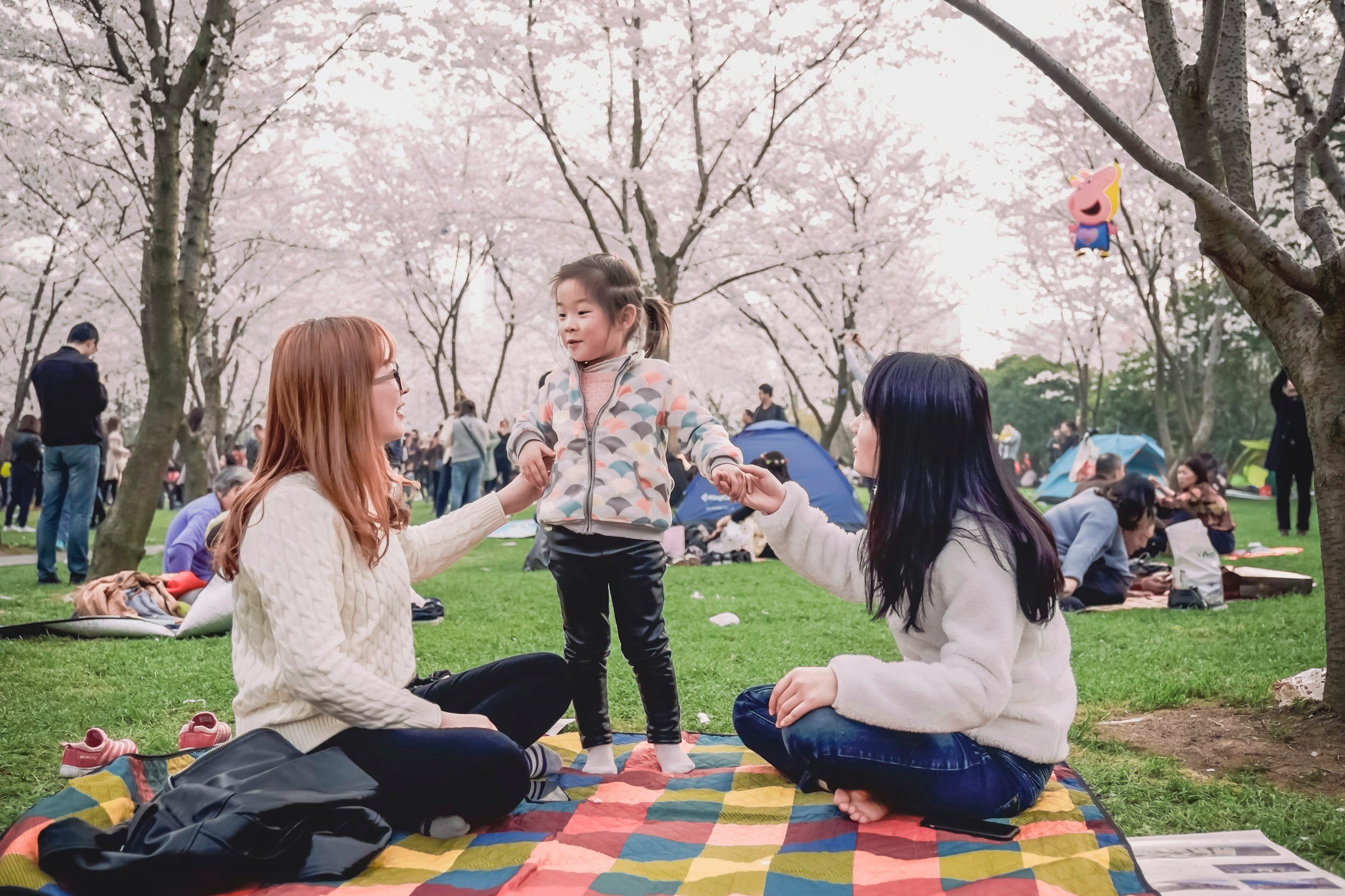Understanding and Overcoming Different Types of Loneliness
Loneliness comes in various forms. Each type uniquely impacts health, potentially leading to serious health challenges like depression and heart disease. Understanding these forms helps address their effects.
Loneliness is a universal experience that transcends age, gender, and background. Considered a singular emotion, it manifests in various forms, each uniquely impacting our health and well-being.
Most assume we are lonely due to a lack of social interaction. After reading the examples below, do one of those listed apply to you? If so, sign up for my empowerment tips and updates to help yourself escape loneliness.
7 Types of Loneliness
Social and Emotional
Social loneliness contributes to mental health issues like depression and anxiety. It is the most common form, resulting from a lack of meaningful social connections and feeling separated and alone.
Emotional loneliness relates to failing to share one's deepest thoughts and emotions with others. It increases stress and weakens the immune system.
Intellectual and Existential
Intellectual loneliness can lead to cognitive decline and a sense of emptiness. A lack of intellectually stimulating conversations can create feelings of disconnection.
Existential loneliness arises when we question the meaning and purpose of our lives. This leads to feelings of hopelessness and despair and profoundly affecting mental health.
Cultural and Workplace
Cultural loneliness can occur when you move away from your culture or your cultural identity or beliefs are challenged or misunderstood. You may experience various health issues, including heightened stress levels and a weakened sense of self-worth.
Workplace loneliness—it doesn't matter the size of a company; if you feel isolated within the environment, there is a high chance of burnout, decreased productivity, and even physical health problems.
Sign up to the newsletter for the latest updates, tips & special offers.
Age-Related
Age-related loneliness happens as social networks shrink, family members move away, friends pass, or financial challenges. All significantly impact physical and mental health, including a higher risk of chronic diseases.
Loneliness Isn’t A Fleeting Emotion
It's essential to remember that loneliness isn't a fleeting emotion; it can have long-lasting consequences on our health. Loneliness often begins in childhood and gradually increases in adulthood.
Studies have shown that chronic loneliness increases the risk of heart disease, stroke, depression, and even premature death.
Loneliness Requires Exploration
Addressing loneliness requires exploring its underlying causes and actively seeking ways to change one's feelings about oneself by increasing confidence and self-love.
The power of loving, respecting, and trusting yourself while building connections is not to be underestimated. All of these actions positively impact your health.
Abundance is more than just money. It's about creating a life you love.
Therefore, the more we understand and acknowledge the different kinds of loneliness, the better equipped we are to address and mitigate the effects on our health and those around us.
Let's create a world where loneliness is the exception, not the rule.
Are you lonely? Do you need some help to empower yourself to be confident?
Are you ready to empower yourself to change your life?
Great, let’s get started→
It’s time to take your life to the next level.
Book an exploratory call with me.














